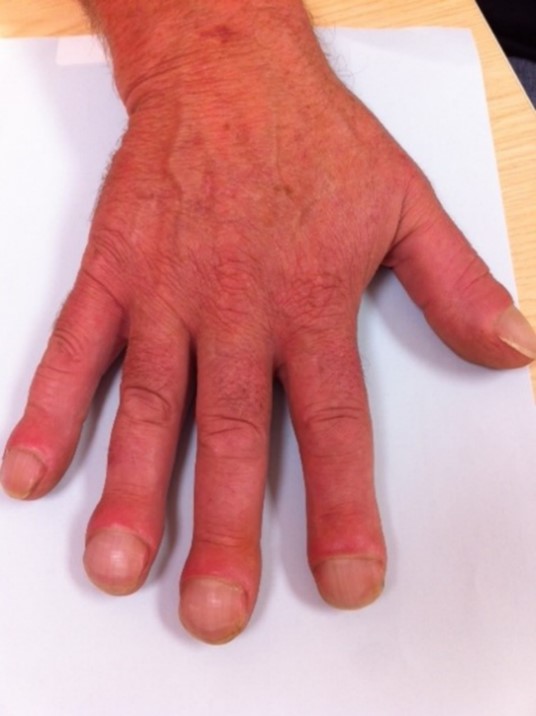The main symptoms of lung cancer
You might not get symptoms in the early stages of lung cancer. Symptoms may start to show as the cancer gets worse. Book an appointment with your GP if you have any of these symptoms.
To begin with, you may have symptoms such as:
- a cough
- chest infections that keep coming back
- coughing up blood
- breathlessness
- chest pain
- feeling tired
- not wanting to eat
- weight loss.
Less common symptoms of lung cancer
Less common symptoms of lung cancer may be:
- finger clubbing – this is when your fingers may look larger at the tips
- difficulty swallowing
- wheezing
- a hoarse voice – it may sound rough or unclear
- swelling in your face or neck
- chest or shoulder pain.
Having these symptoms doesn’t always mean you have lung cancer – they’re common and have many different causes. People with a long-term lung condition might already have many of them. But it’s very important to tell your doctor if your usual symptoms change or become worse.


Get support
Call our helpline for support with your condition. Get advice on your medicines, symptoms or travelling with a lung condition, or just call us to say hello.








